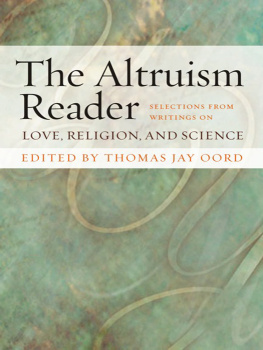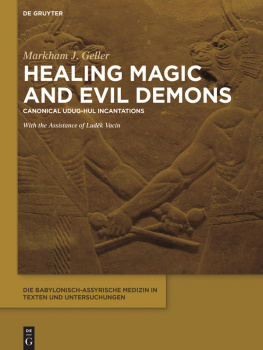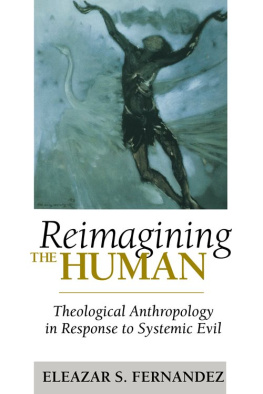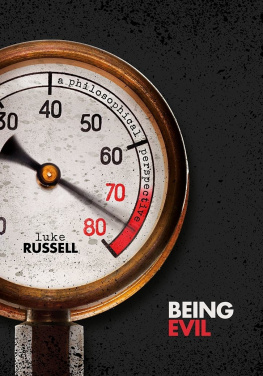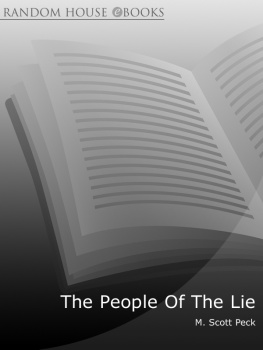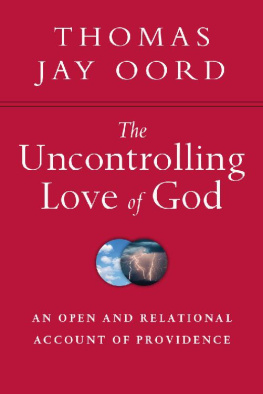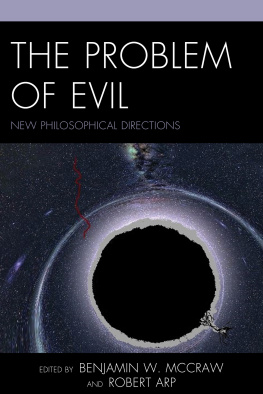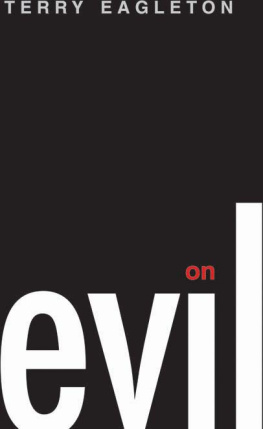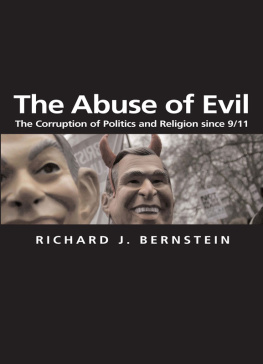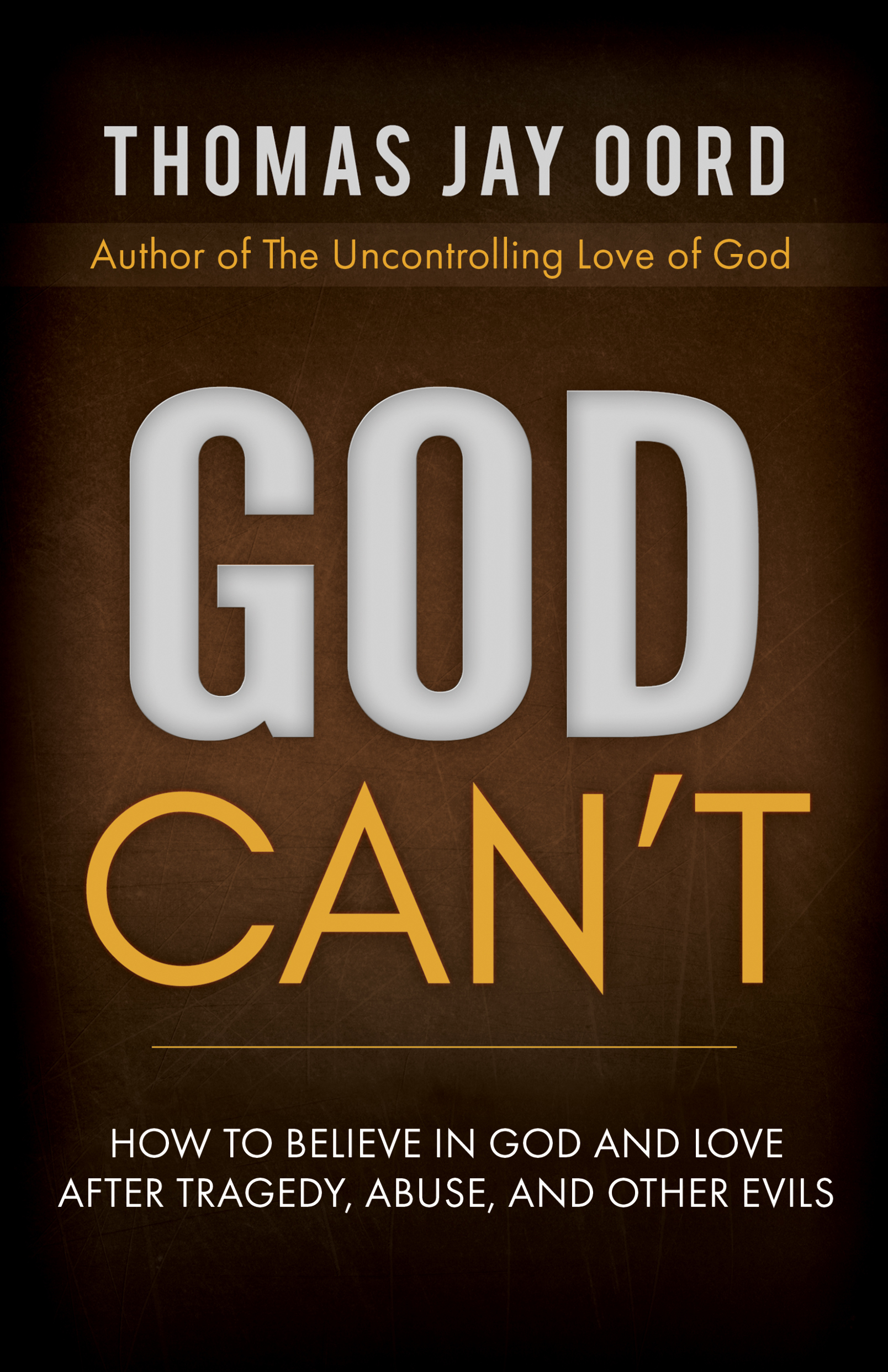Thomas Oord - God Cant: How to Believe in God and Love after Tragedy, Abuse, and Other Evils
Here you can read online Thomas Oord - God Cant: How to Believe in God and Love after Tragedy, Abuse, and Other Evils full text of the book (entire story) in english for free. Download pdf and epub, get meaning, cover and reviews about this ebook. year: 2019, publisher: Thomas Oord, genre: Religion. Description of the work, (preface) as well as reviews are available. Best literature library LitArk.com created for fans of good reading and offers a wide selection of genres:
Romance novel
Science fiction
Adventure
Detective
Science
History
Home and family
Prose
Art
Politics
Computer
Non-fiction
Religion
Business
Children
Humor
Choose a favorite category and find really read worthwhile books. Enjoy immersion in the world of imagination, feel the emotions of the characters or learn something new for yourself, make an fascinating discovery.

- Book:God Cant: How to Believe in God and Love after Tragedy, Abuse, and Other Evils
- Author:
- Publisher:Thomas Oord
- Genre:
- Year:2019
- Rating:3 / 5
- Favourites:Add to favourites
- Your mark:
God Cant: How to Believe in God and Love after Tragedy, Abuse, and Other Evils: summary, description and annotation
We offer to read an annotation, description, summary or preface (depends on what the author of the book "God Cant: How to Believe in God and Love after Tragedy, Abuse, and Other Evils" wrote himself). If you haven't found the necessary information about the book — write in the comments, we will try to find it.
Many people wrestle with questions of evil. Some appeal to mystery (Gods ways are not our ways). Others say God allows evil for some greater purpose. Still others say God punishes with evil. Not only are these answers unsatisfying, they fail to support the view that God loves everyone all the time.
God Can't solves the problem of evil. Author Thomas Jay Oord says Gods love is inherently uncontrolling. Because God cannot control anyone or anything, God cannot prevent evil singlehandedly. This means God cant stop evildoers, whether human, animal, organisms, or inanimate objects and forces.
God Can't gives a plausible reason why some are healed but many are not. God always works to heal everyone, but sometimes our bodies, organisms, or other creatures do not cooperate with God's healing. Or the conditions of creation are simply not right for the healing God wants to do.
Some people interpret suffering as Gods punishment. Or they think suffering is God's way of building our character. God Can't says God never punishes. But God squeezes good from the evil God didnt want in the first place. In other words, God uses pain and suffering to build our character and other positive things without willing it.
Most people think God can overcome evil singlehandedly. God Can't says God needs our cooperation for love to reign now and later. This leads to a unique view of the afterlife called, relentless love. This view rejects traditional ideas of heaven, hell, and annihilation. It holds to the possibility that all creatures and all creation will eventually respond to Gods relentless love.
Thomas Jay Oord wrote God Can't in accessible prose. Oord's status as a world-renown theologian brings credibility to the books radical ideas. He relates these ideas in bite-size, understandable language with numerous illustrations, stories, and biblical support. The stories of victims and survivors illustrate the life-giving ideas of God Can't.
God Can't is for those who want answers to tragedy, abuse, and other evils that make sense!
Thomas Oord: author's other books
Who wrote God Cant: How to Believe in God and Love after Tragedy, Abuse, and Other Evils? Find out the surname, the name of the author of the book and a list of all author's works by series.

